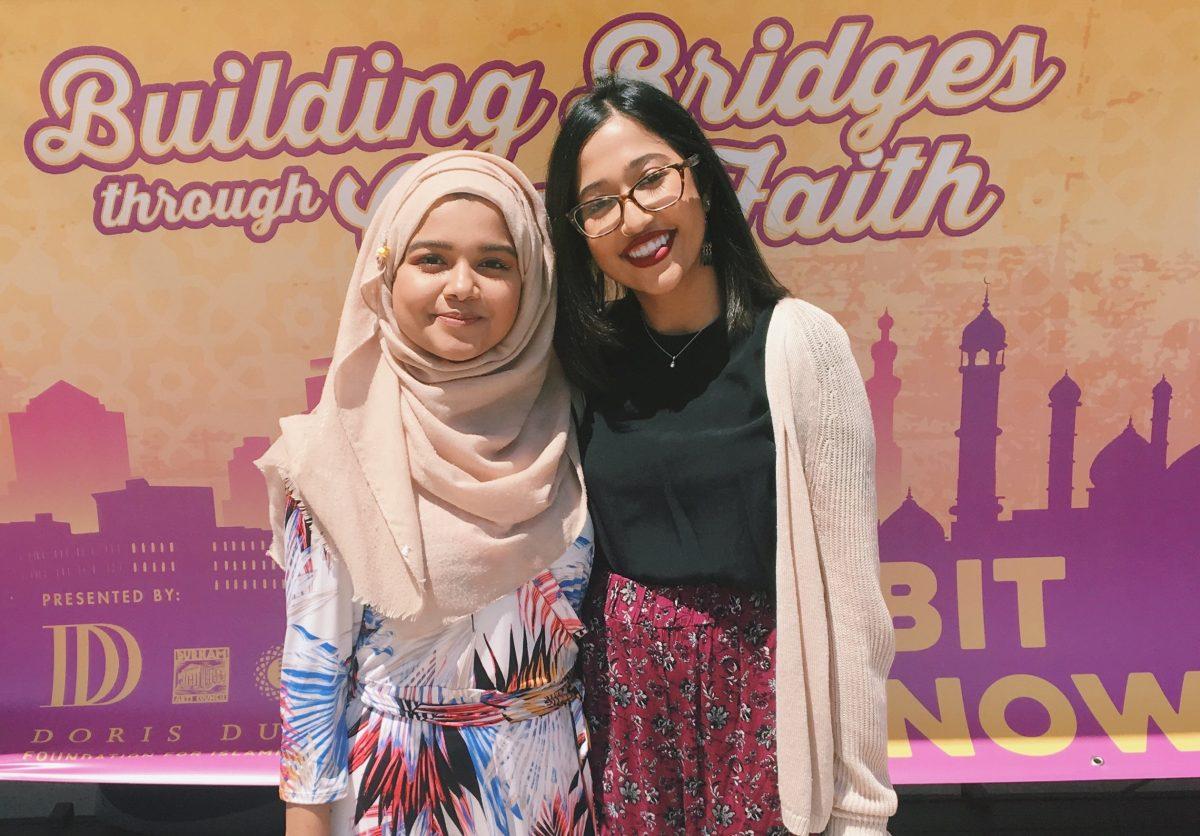Two NC State students have come together to eliminate a disparity in reproductive health information and resources in Muslim communities and beyond, starting on campus.
Sinthia Shabnam, a fourth-year studying political science and sociology, is one of the founders of the FemiWin Hygiene initiative. She explained how the project began, starting with Emily Walter, an NC State alumna and president of Planned Parenthood Generation Action, reached out to Shabnam to gain a new perspective on women’s health.
“[Walter] wanted to learn more about the cultural context of women’s health,” Shabnam said. “And how different cultural and religious backgrounds change how we get education on women’s health, whether it be related to sex, periods or birth control.”
Shabnam said Walter’s basic question was how education on women’s health is different for individuals with backgrounds different than her own, which was why they held a workshop in April.
“We had a workshop for women; we had about 25 attend that,” Shabnam said. “We invited people who were not just Muslim because we wanted this to be an educational opportunity for women who are not Muslim as well to hear about our background.”
Shabnam explained that last April’s workshop was three-pronged. First, Heather Lawson from the NC State Student Health Center gave a presentation on the health side of periods. Next, Shabnam explored the religious background, addressing the stigma surrounding women’s health.
Soja Raja, a third-year studying nutrition science, who also played a major role in starting this initiative, delivered the workshop’s third prong: access to affordable and confidential women’s health services.
“If you don’t know what you have access to, you don’t know how to take care of yourself,” Raja said. “Regardless of whether you’re sexually active, you can have access to contraception to manage periods, to manage acne, or whatever else you’re trying to take care of. You have options.”
Raja explained that one of the workshop’s major goals was to increase awareness about how to access and afford contraceptives.
“What we’ve noticed is that many of these girls don’t know who to contact to get [birth control], or do they know who can give it to them if they don’t have health insurance or where to go on campus,” Raja said.
Another initiative of the project is to increase availability of different types of menstrual products.
“Most of these girls have only ever had access to menstrual pads, but these aren’t the only option. Sometimes there are better options out there,” Raja said.
Raja explained that the workshop provided information on tampons, menstrual cups and the effects of contraception on menstruation, as well as reassured attendees that using these products would not diminish their religiosity.
Shabnam described the workshop’s efforts to help women try out these products and ask questions about them.
“We also put in tampons since a lot of girls from this background are not going to go to the store and buy tampons. Their parents might freak out; they might be scared to try it. For a lot of them it’s not even a thought in their heads,” Shabnam said. “Giving them an opportunity to try something like that was really important to us. We wanted to make everyone feel welcome, and we wanted them to take something away from [the workshop].”
Shabnam and Roja are planning to host another workshop this semester for students. Information will be available soon on the Muslim Student Association webpage and on flyers hung around Talley Student Union.








